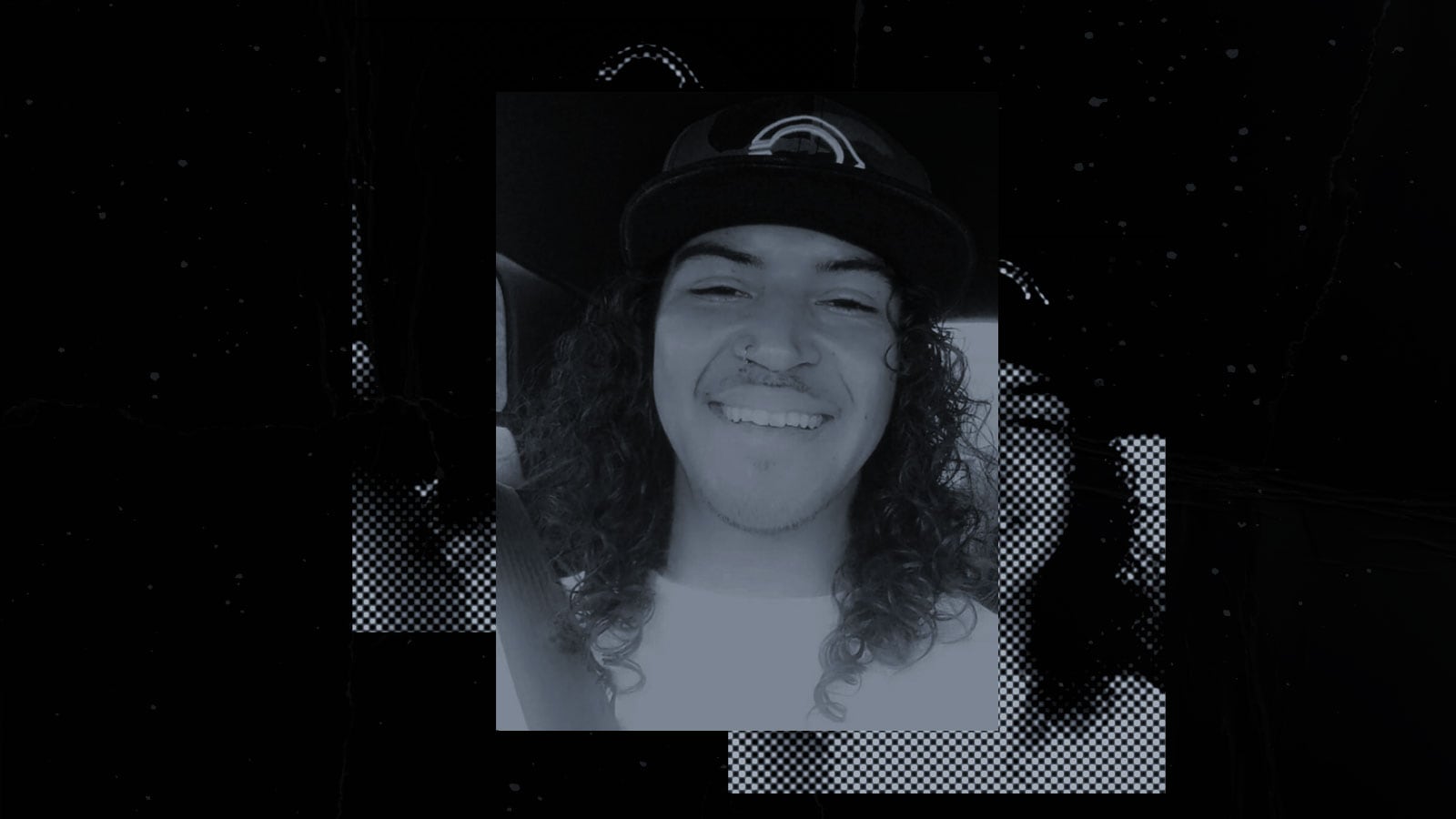Crime & Justice
Photo Illustration by The Daily Beast/Getty and Courtesy of Family
Video Shows Cops Badger Drunk Black Man Before Killing Him
LETHAL ESCALATION?
He fell asleep in a gas station parking lot. He had a gun, but experts say his death is a case study in policing gone wrong.





